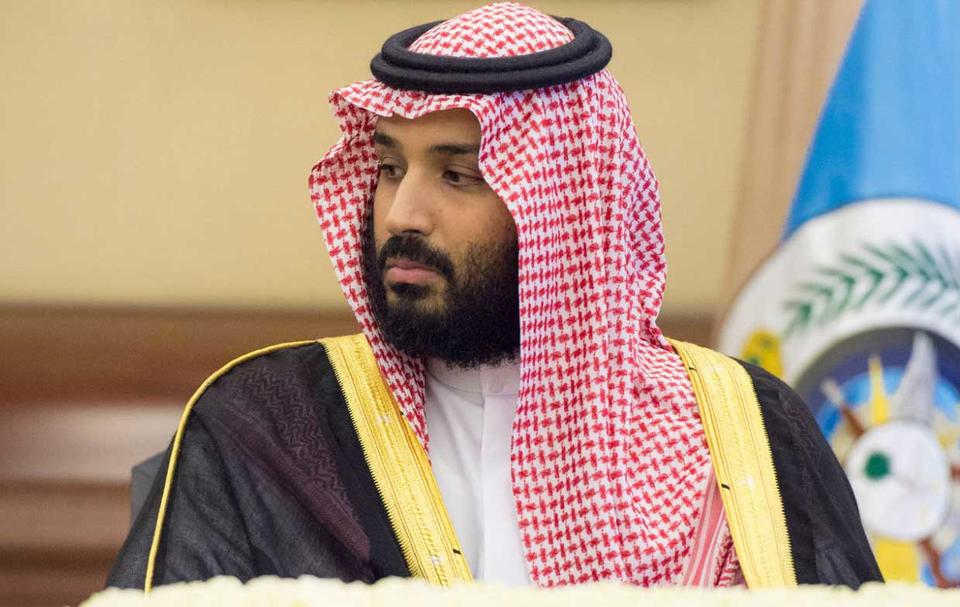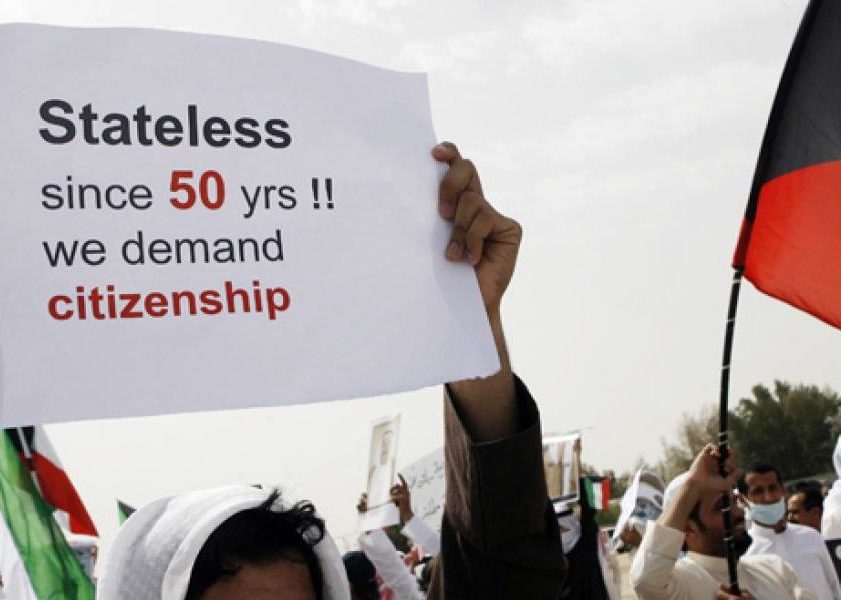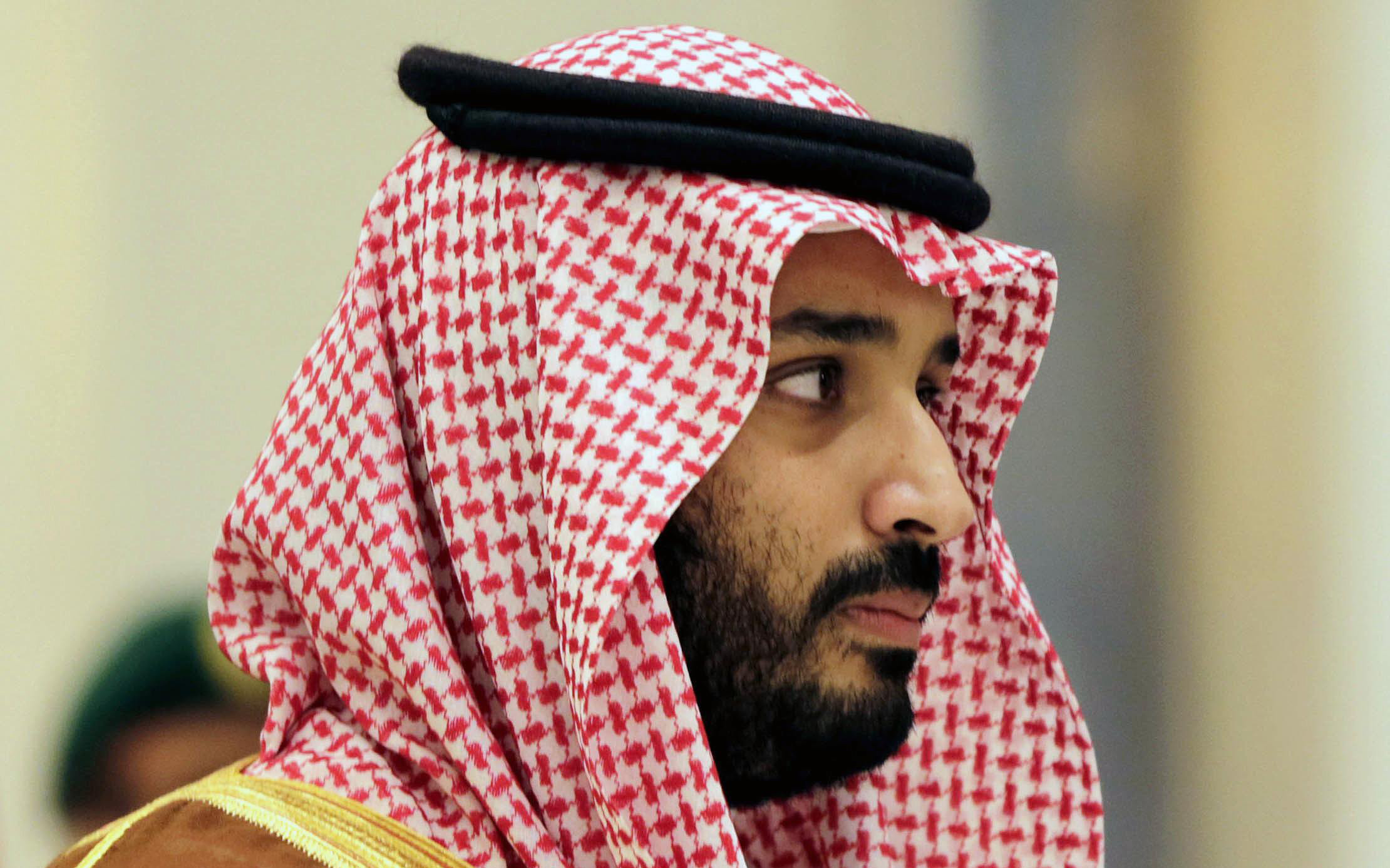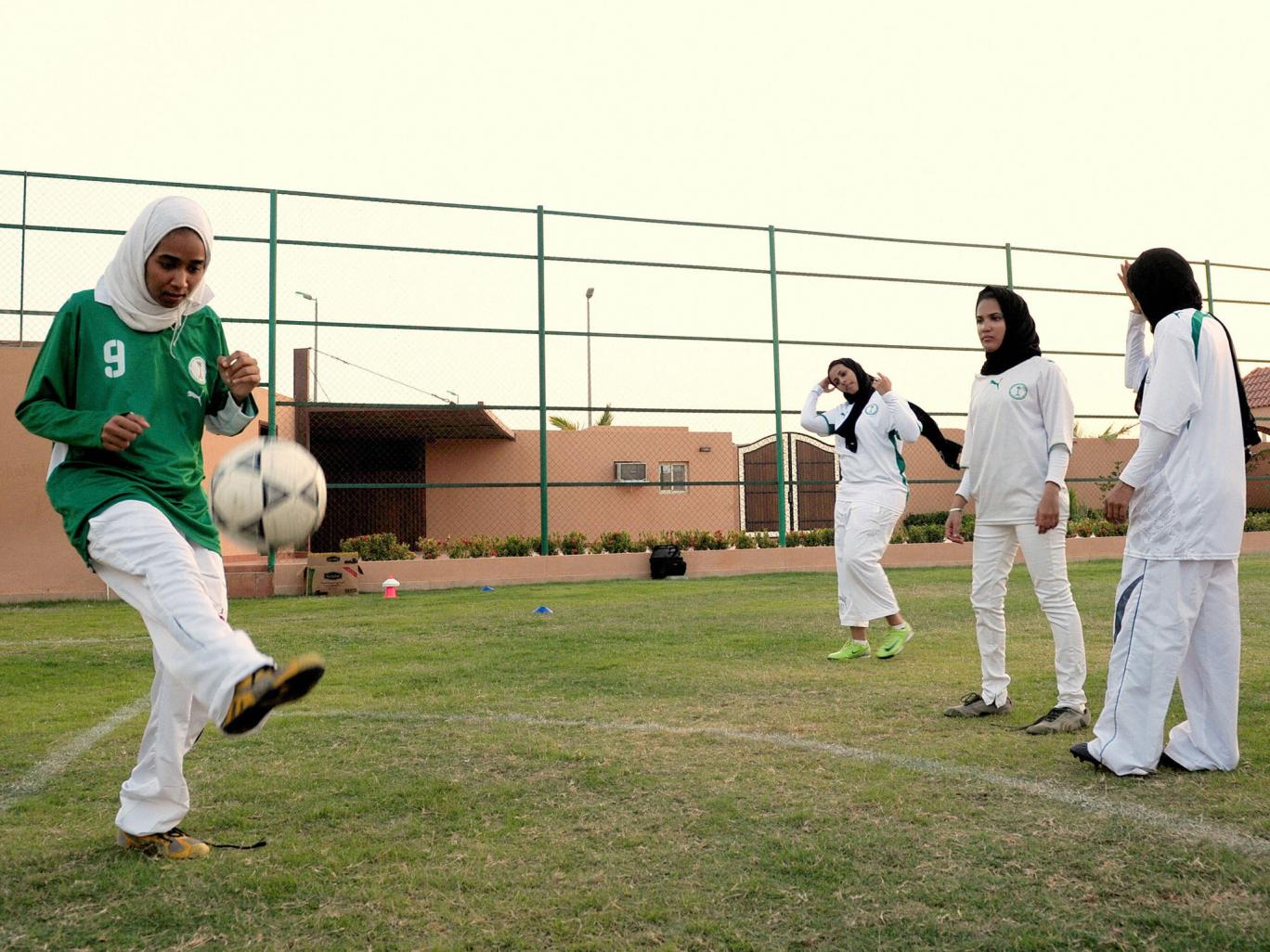Following his September announcement that Saudi Arabia’s driving ban on women will be lifted in 2018, Crown Prince Mohammed bin Salman this week unveiled two new measures that are part of his Vision 2030 for Saudi Arabia: the country will allow women to enter sport stadiums and it will build “NEOM,” a $500 billion mega-city[…]
With the diplomatic crisis embroiling the Gulf Cooperation Council (GCC) states, Saudi– and United Arab Emirates (UAE)-backed institutions have accused the Qatari government of arbitrarily revoking the citizenship of 55 members of the Al Morah (al-Murrah) tribe, including its leader, Sheikh Talib bin Mohammed bin Lahoum bin Shraim. Though it is as yet unclear if[…]
On Tuesday 26 September 2017, Saudi Arabia announced that it would allow women to drive for the first time in the history of the kingdom. The policy change, which was announced over state television, will reportedly go into effect in June 2018. Americans for Democracy & Human Rights in Bahrain (ADHRB) calls on Saudi Arabia[…]
With the elevation of 31-year-old Mohammed bin Salman to the position of Crown Prince – the youngest Crown Prince Saudi Arabia has ever had – there has come a sense of optimism about the future of the kingdom’s socio-economic state. There is hope among activists and the general public that younger leadership will bring about[…]
On Tuesday 11 July, the Saudi Ministry of Education (MoE) announced that schools will provide physical education classes to girls for the first time in the kingdom’s history. This development marks a rare, if slight loosening of the restrictions placed on women in one of the world’s most restrictive societies. The decision is part of[…]









